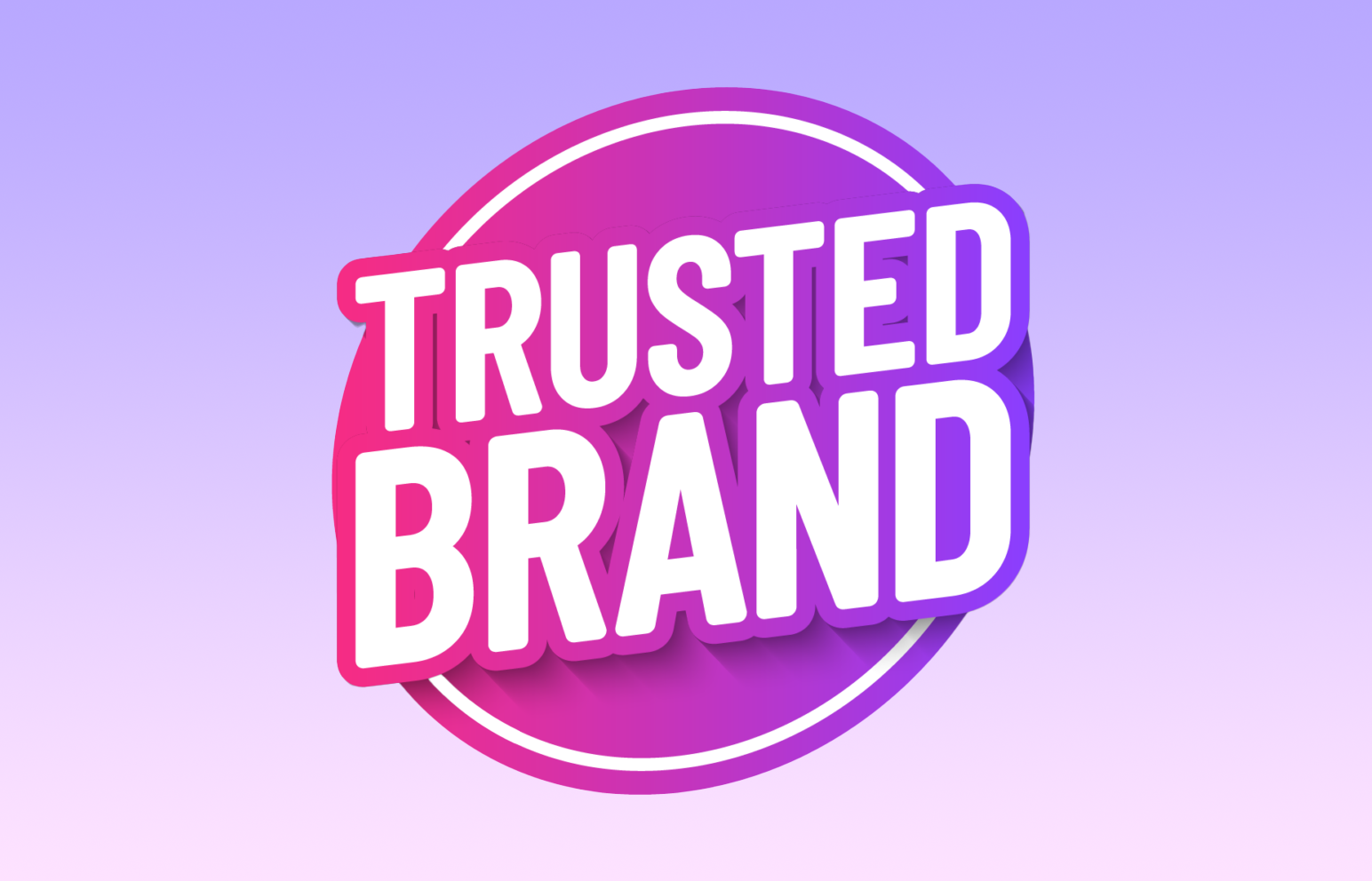What do your clients believe about your company or product? How hard is it to develop consistent, impactful marketing content? Is that process confusing and stressful? What about your brand promise or positioning statement? Does everyone at your company know and understand your core message and is it resonating with your target audience?
If you have a strong messaging framework, you are at least on parity, if not ahead of the competition. If not, your brand deserves a strong foundation. Similar to constructing a building, your marketers and sales team deserve upfront easy-to-use brand blueprints and the right toolkit to do their jobs effectively. Without these critical tools one person might decide to build a log house while everyone else is working on a modern skyscraper.
The end goal of a messaging framework is to make your team more productive, as well as to align what your team believes about your company with what your clients believe about your company. (You can insert “think” instead of believing, but at bk, we believe in “believe.”) Some call it a brand or product promise.
bk Tip: Ensure you have executive, marketing, and legal buy-in on your framework. With those signoffs, you can be sure it is “copy-ready” for any usage (until the framework requires updates), such as: • Creative direction • Internal/external marketing communications • Audio/video scripts • Collateral • Speeches … go ahead and add whatever you want to the list. It will work!
Once a messaging framework becomes ubiquitous to your organization, the statements it contains will be absorbed by your client and will build brand affinity through understanding — all because you have consistent messaging. When everyone, especially your employees, buys into these critical beliefs about your company, product, or solutions, you establish what every organization strives to achieve: Trust.
It is a trust based on the expectation of delivery. Delivery means if that is your promise, they trust you will keep it. No framework or tool can help a company that cannot consistently deliver. But I’m going dark here, so back to the blog.
As you grow or products/services improve, so should your framework. This is an important step that too many people miss with frameworks. There are “enduring” statements about your company that may only change every five years or so. Then there are the “temporal” statements, which should change with any improvement, offering, certification, strategic changes, etc.
The point is a framework should be organic and ever-changing in one way while also being consistent and firm in another. There are so many philosophies about the best way to build a messaging framework, we know because we use and/or build them regularly. If you want to have a conversation about the tools you are using to build your brand or more about our history delivering messaging frameworks to a variety of clients (large and small), I am always open for a good discussion.
Who is bloomfield knoble?
bk is a full-service, premier strategic marketing and advertising agency based in Dallas, Texas. Our clients include top Fortune 100 companies and unique businesses that seek a strategic partner to empower their offerings and growth.
Whether developing an integrated advertising campaign, a direct marketing tactical approach, brand frameworks, or simply need daily creative, technical and consulting support to augment your resources, bk provides a one-to-one approach to help solve problems holding you back to accelerate your success.
Call Eric Hirschhorn to learn more at (214) 254-3805, or eric.hirschhorn@bloomfieldknoble.com.


